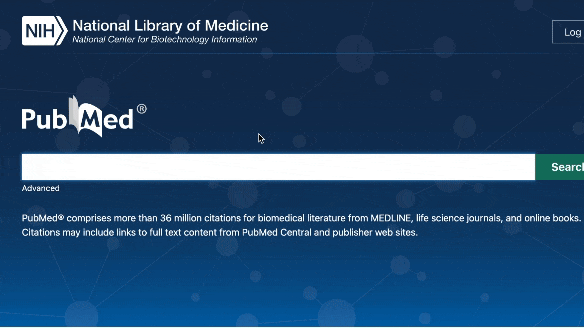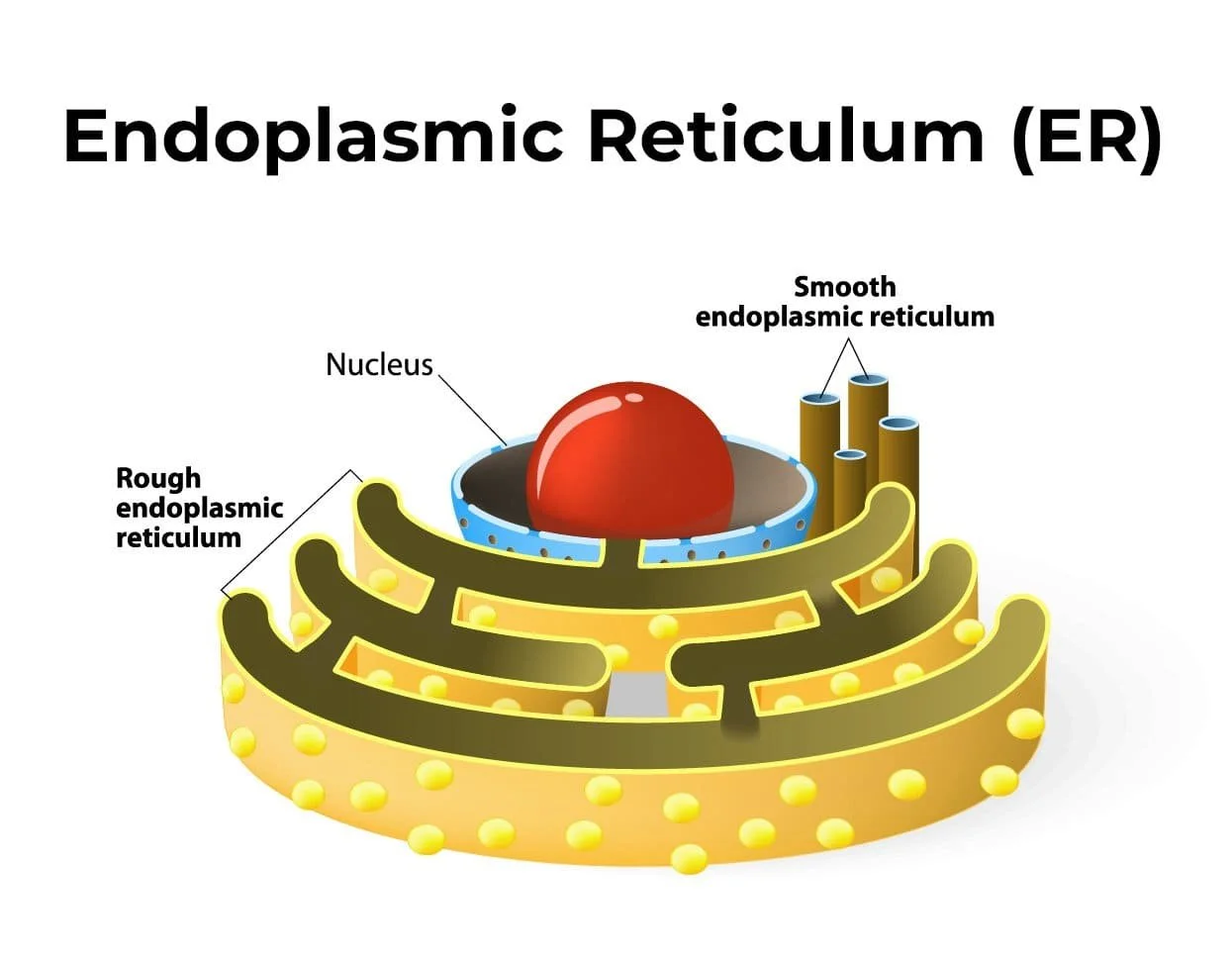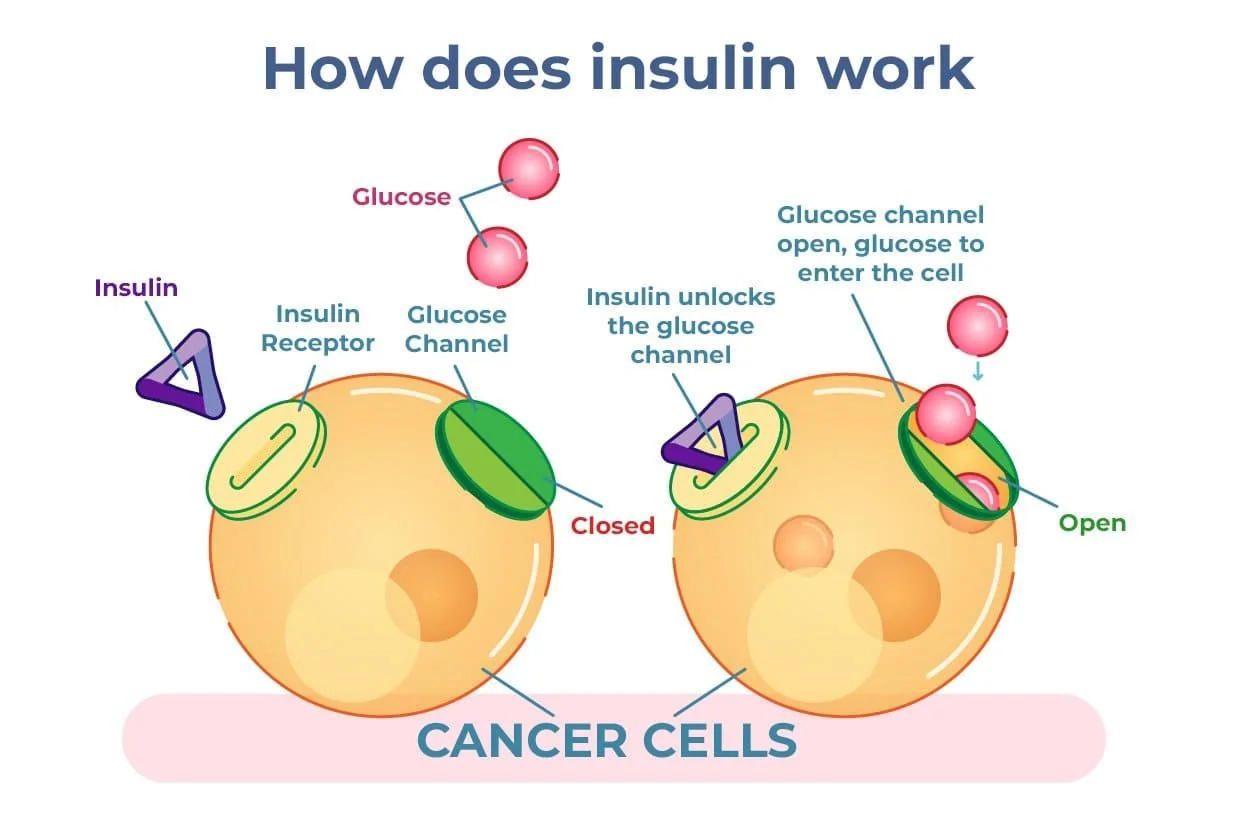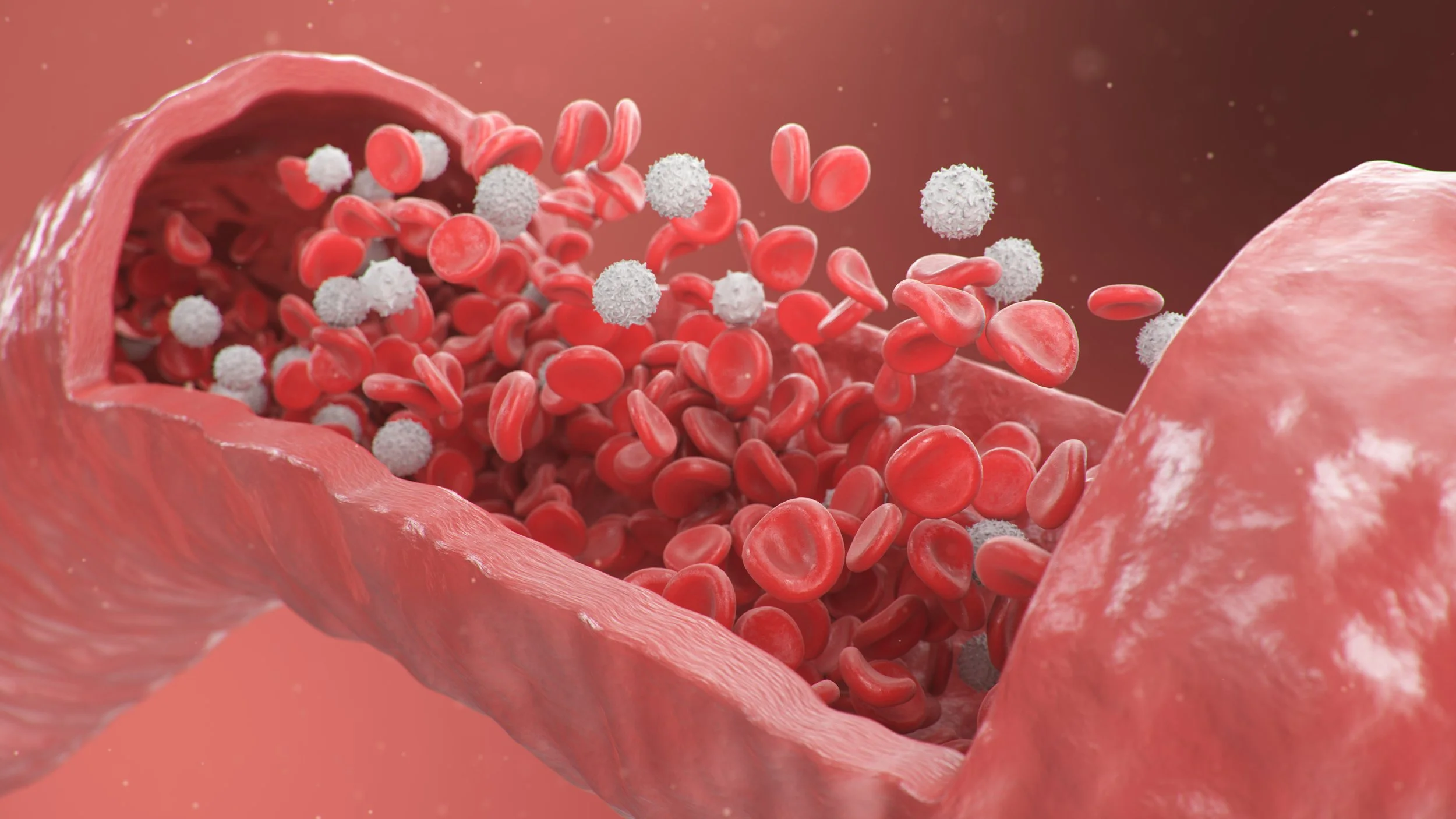The Anti-Cancer Power of Metformin
The video summarizes the evidence that shows Metformin can play an impactful role in the cancer treatment plan.
Continue on to the article below if you would rather read than watch a video.
Metformin has been prescribed to over 120 million people worldwide to treat diabetes. This widespread use has led to unexpected discoveries that benefit the fight against cancer. For example, one study found that:
people taking Metformin reduced their chance of developing any type of cancer by up to 88%!
Another study that included over 200,000 people found that patients who used Metformin had significantly lower cancer mortality.
According to two decades of published data, it has been documented that Metformin can:
⇩ Reduce the likelihood of cancer incidence;
⇩ Reduce the mortality of cancers;
⇧ Increase the effectiveness of radiotherapy and chemotherapy;
⇩ Reduce the tumor movement and malignity;
⇩ Reduce the likelihood of relapse.
In this article, we will review the recognized anti-cancer capabilities of Metformin, safety track record in patients, and the role it can play to help starve cancer of needed fuel sources. Let’s dive in!
Anti-Cancer Benefits of Metformin
Metformin is considered the go-to medication for treating patients with Type 2 diabetes. Its proven effectiveness and excellent safety track record make Metformin one of the most important drugs available. However, research has shown that Metformin can also have a role beyond diabetes; studies have reported promising results treating obesity, addressing metabolic abnormalities, anti-aging application, providing neuroprotection, as well as preventing and treating cancer.
Of particular note is the promising cancer prevention and treatment capabilities of Metformin. Over 6,000 medical articles include information on Metformin’s anti-cancer capabilities.
Since Metformin has been used by over 120 million people worldwide, researchers have been able to compare cancer incidence and outcomes of patients that use Metformin vs non-users. The evidence from these massive studies has shown a dramatic anti-cancer benefit. For example, five studies that included a total of 860,000 individuals reported that Metformin use caused between a 26% to 88% reduction in death from cancer. Another study that included 7,700 patients reported Metformin use increased overall survival in stage IV cancer patients.
Additionally, many studies show that Metformin can reduce cancer recurrence for many disease types.
After realizing that this medication can play a role in preventing cancer, treating the disease, and avoiding cancer relapse, researchers quickly assembled to uncover the specific anticancer mechanisms of action for Metformin. They found that Metformin has numerous anti-cancer activities.
Metformin as a Metabolic Cancer Therapy (Mechanisms of Action)
Here are several frequently observed examples of how Metformin attacks cancer.
Metformin Disrupts the Cancer Cell Power Plant
The mitochondria is the power plant of cells, this is where cancer cells convert nutrients (primarily glucose) into energy that it uses to fuel growth and also release reactive oxygen species that play a critical role in cancer cell migration and invasion.
When Metformin accumulates in the cancer cell mitochondria, it disrupts the cells ability to produce energy and release ROS.
Metformin “Stresses” Cancer Cells to Death
The endoplasmic reticulum is a component of normal and cancer cells that serves as the transportation system of cells. Metformin has been shown to stress the endoplasmic reticulum system in multiple cancer cell types.
Prolonged ER stress leads to cancer cell death. It is worth noting that combining carbohydrate restriction with Metformin appears to improve this anti-cancer capability.
Metformin Starves Cancer of Insulin
Cancer cells often develop hyper sensitive insulin receptors. This cellular alteration is used to fuel cancer growth and spread, especially during periods when high levels of insulin are circulating.
Metformin has the ability to significantly lower insulin levels preventing cancer from benefiting from this hormone.
Metformin Boosts Cancer Killing Immune System
The immune system has an important role in beating cancer. The immune system is designed to identify cancer as a foreign cell that does not belong in the body, then respond by sending special white blood cells called T cells to attack and destroy cancer cells. Cancer defends against this attack by developing a variety of mechanisms that suppresses the capability of T cells.
Many studies show Metformin helps increase T cell anti-tumor activity and effectiveness.
Metformin Prevents Cancer Cells from Multiplying
Both normal and cancer cells go through a process called the cell cycle to multiply. Metformin has been shown to disrupt the cancer cell cycle which can prevent cancer progression.
Metformin Prevents Cancer Metastasis
Cancer uses specific enzymes to migrate and invade nearby normal cells. Multiple studies observed that Metformin reduced critical enzymes used by cancer thus inhibiting growth. Again, restricting carbohydrates from the diet while taking Metformin can boost this effect.
Metformin Attacks Cancer Stem Cells
The existence of cancer stem cells are a recent discovery, they were first identified in solid tumors in 2003. Experts believe cancer stem cells:
Multiply indefinitely
Develop highly metastatic cells that spread to other parts of the body
Are resistant to chemo and radiotherapy
Are responsible for cancer relapse after standard therapy induced remission
Many clinicians in the cancer treatment community believe this is where Metformin can significantly reduce cancer relapse rates. Over 100 studies have identified dozens of potential mechanisms that enable Metformin to preferentially kill cancer stem cells.
Metformin Starves Cancer of Glucose, Amino Acids, and Fatty Acids
Many of these anti-cancer qualities exist because Metformin has demonstrated an ability to disrupt cancer’s ability to use three critical resources: Glucose, Amino Acids, and Fatty Acids.
While it appears Metformin can help cancer patients, it is not recommended as a monotherapy for cancer. It is suggested that Metformin works best when incorporated into a holistic metabolic cancer therapy that uses other safe medications, supplements, and nutritional approaches that attack cancer from multiple angles. A tremendous body of evidence shows that Metformin can potentially play a role in the cancer attack plan.
To recap, over the last 20 years, thousands of studies have shown that Metformin can help fight cancer by:
◈ Disrupting cancer’s ability to generate energy
◈ Trigger cancer cell apoptosis
◈ Reduce insulin driven cancer growth
◈ Improve the immune systems anti-cancer capability
◈ Interrupt the cancer cell cycle, thus preventing multiplication
◈ Inhibit enzymes that permit cancer to metastasize
◈ Kill cancer stem cells to reduce disease recurrence
Furthermore, the use of Metformin by over 100 million people has demonstrated that it is safe to take alongside standard cancer treatments like chemo, radiation, and immunotherapy.
Metformin is an off patent drug, this makes it low cost and widely available. However, since it is not patentable, there is no financial incentive for a pharmaceutical company to seek FDA approval as a cancer treatment. Patients will need to work with a licensed medical provider to obtain a prescription and gain monitored use.
Use the button below to schedule a consultation for the Metabolic Cancer Therapy.
Medical Advice Disclaimer:The information, including but not limited to, text, graphics, images and other material contained on this website are for information purposes only and was based on the latest research accessible to the author at the time of publication. No material on this site is intended to be a substitute for professional medical advice, diagnosis or treatment. Always seek the advice of your physician or other qualified health care provider with any questions you may have regarding a medical condition or treatment and before undertaking a new healthcare regiment, and never disregard professional medical advice or delay in seeking it because of something you have read on this website.












